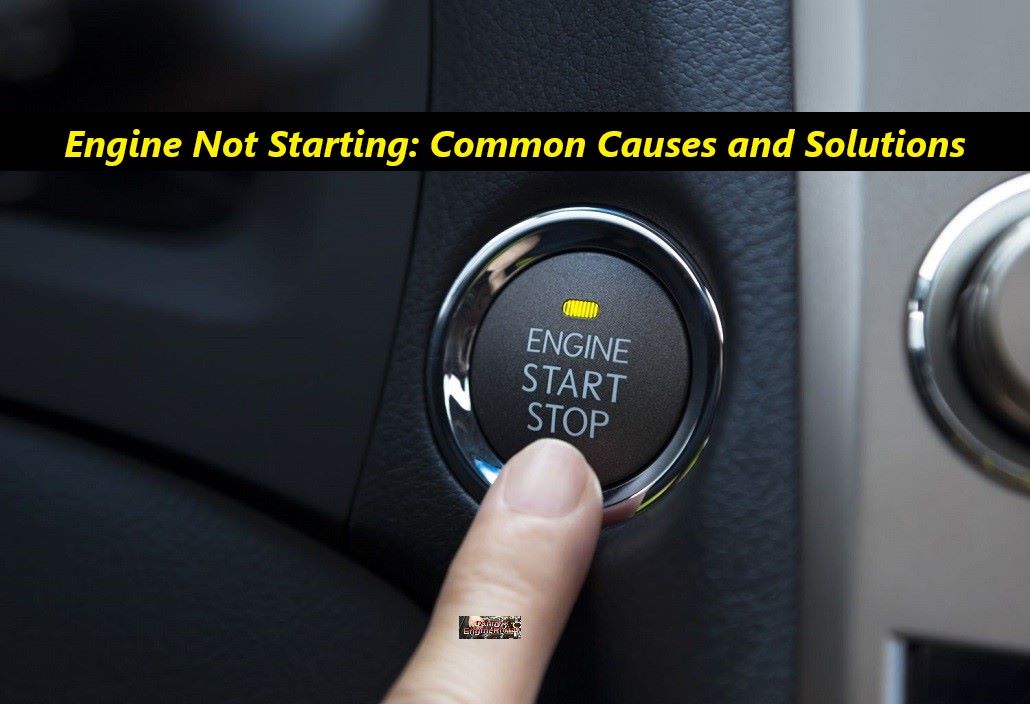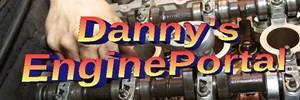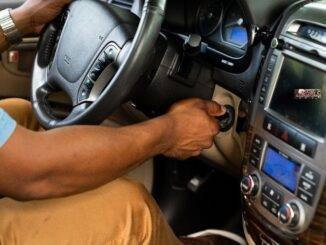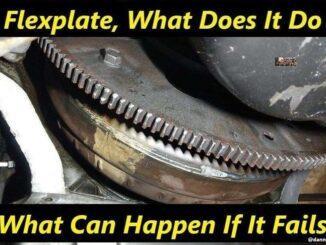
There’s nothing quite as disturbing, as your engine not starting.
Unfortunately, it’s also, one of the most common types of engine problems.
So, before your car would not start, did you notice anything out of the ordinary. Was there a low power or a check engine light (CEL)? Consequently, this could aid in the troubleshooting, and diagnosis process.
There’s almost no driver who hasn’t experienced, the sinking feeling of the engine not starting.
So, all engines require three things to start and run, spark, fuel and compression. Consequently, if any one of these isn’t there, you aren’t going anywhere.
There Are Two Basic Types Of, Engine Not Starting:
1- Engine Will Not Crank
So, you don’t hear the engine moving at all. Consequently, you might hear a click or buzz, but other than that, nothing.
You turn the key to the “Start” position, but the engine won’t crank. In addition, a single click or repeated clicking, is all you hear. So, a weak battery or poor connection at the battery terminals, could be the cause. Also, sometimes a battery cable can get corroded inside, causing the same problem.
So, a bad connection, between the negative battery cable and the engine, can cause a bad ground. But, most often this happens when, there is not enough power for the starter, to turn over the engine.
If the battery is OK and the battery terminals, appear clean and not corroded, it could be:
- Starter solenoid
- Battery cables
- Starter motor
2- Engine Cranks, But Fails To Start
When an engine cranks, you can hear it spin, but the engine doesn’t catch or run. Some of the most common reasons an engine fails to start include:
- Engine is flooded
- Bad fuel pump or fuel pump relay
- Water in fuel
- Bad Mass Airflow Sensor (MAF)
- Bad crank or cam sensor or wiring
- Problems with the engine computer (PCM) or (PCM) circuits
- Faulty ignition coil pack
- Incorrect timing
- Low compression in the engine
Conclusion
So, anytime you are having a problem with your vehicle, always try to narrow down the list of possible issues. As a result, saving you time and money down the road. Finally, the less things you have to check, will make for a faster and cheaper repair.
BY DANNY BENDER




